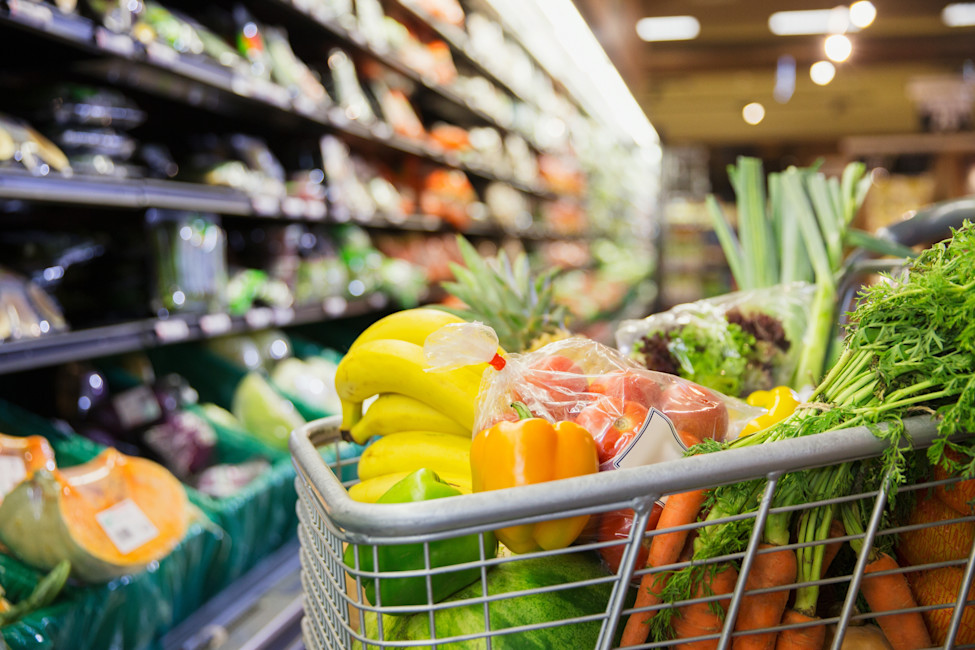About Supply Chain Analysis
Understanding the role of Index companies in global supply chains
Food manufacturers and retailers have made significant strides in addressing sustainability risks associated with traditional commodities like cocoa, palm oil and soy. However, upstream, protein producers have not necessarily had the same level of scrutiny, even though this part of the food supply chain accounts for substantial risks. The companies assessed in the Coller FAIRR Protein Producer Index, therefore, play a pivotal role in global food supply chains.
These companies – among the 60 largest protein producers globally – supply the raw materials for products sold by the downstream food manufacturers and retailers. In addition, protein producers use a significant amount of feed. Feed production is considered very intensive and given that some of these producers also make their own feed, downstream suppliers need to be aware of the complexities that shape their end-products.
By assessing the largest protein producers on a range of sustainability issues, the Index illustrates the risks (and opportunities) within the food supply chain and provides an important tool for investors and companies alike to better understand and manage these.
The insights from the Index can also inform engagements, helping investors to prioritise areas for improvement and to hold protein producers and their suppliers accountable for adopting more sustainable practices.

How FAIRR conducts the analysis
FAIRR has identified active supplier-customer relationships between companies in the Coller FAIRR Protein Producer Index and consumer-facing companies included in its restaurant and retailer-focused investor engagements. These relationships were determined using third-party supply chain data tools, including Bloomberg, and where available, FAIRR’s analysis estimates the value of these relationships. All restaurant and retailer companies in the existing FAIRR universe were checked, and any with two or more active relationships with Protein Producer Index companies were included in the analysis.
Each consumer-facing company has a dedicated page displaying a consolidated view of its suppliers’ performance in this year’s Protein Producer Index. This feature provides a clearer understanding of the connections between protein producers and distributors and offers a simple way to identify strengths and weaknesses within a consumer-facing company’s supply chain.
While FAIRR’s research provides comprehensive insights into supplier sustainability performance, it does not calculate overall sustainability scores for consumer-facing companies. This is due to the limited focus on animal protein suppliers, which only represents a portion of the overall supply chain.
117
supplier-consumer relationships identified between consumer-facing companies and Protein Producer Index companies.US $3bn+
in annual revenue generated through these relationships, according to Bloomberg.21
consumer-facing companies with two or more active relationships with Protein Producer Index companies included.34
listed protein producers covered.Why these supply chain insights matter for investors
For investors, understanding the complexities of the food supply chain is crucial because the commitments, targets and policies set by manufacturers and retailers often hinge on the practices of their upstream suppliers. If protein producers fail to meet their sustainability targets, it can undermine the entire value chain. A food retailer may have ambitious commitments to reduce greenhouse gas emissions or improve water management, but it needs to be able to monitor the activities of its upstream suppliers, which have a higher environmental footprint through the purchase, production and use of feed. This misalignment can translate into operational and financial risks, such as higher costs related to regulatory non-compliance or supply chain disruptions, or reputational risks, where protein producers are found to be operating in a way that contradicts a retailer’s commitments and practices.

Supply chain relationships identified in the analysis
FAIRR has identified relationships associated with 21 of the biggest global food retailers and restaurants that are covered in its consumer company-focused engagements. These companies depend on Index-listed protein producers for their meat, fish and dairy and are consequently exposed to a broad spectrum of sustainability risks.
Members-only Content
To register as a member of the FAIRR network, please fill out the sign up form or if you need additional information on the FAIRR network, please contact investoroutreach@fairr.org.